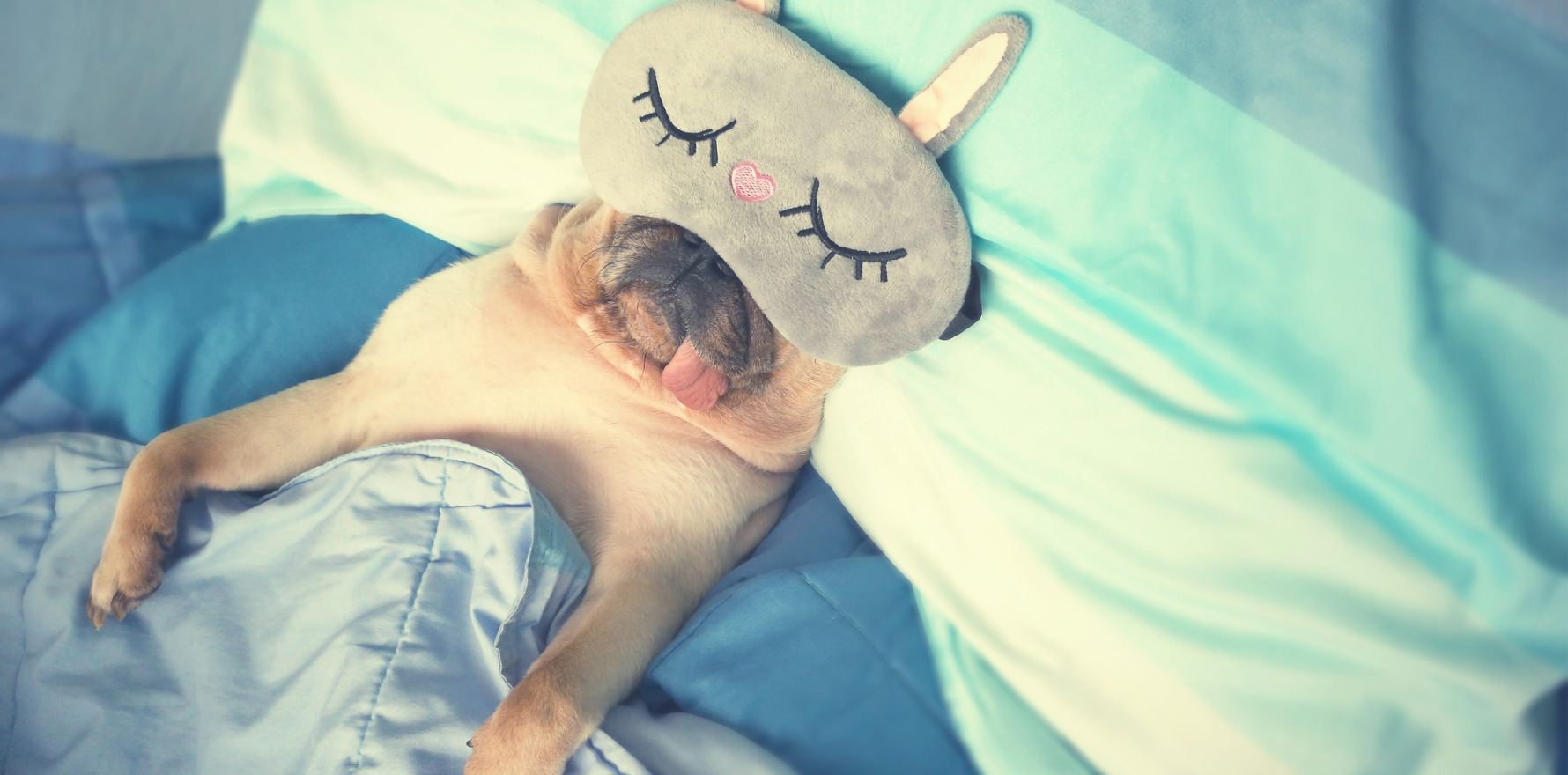Single-night sleep tests may miss a critical weekend spike in OSA severity.
Lifestyle choices such as late nights, alcohol consumption, and irregular sleep patterns may be fuelling a newly recognised sleep health concern, dubbed “social apnoea”, according to international research led by Flinders University.
The study, published this month in the American Journal of Respiratory and Critical Care Medicine, describes social apnoea as the weekend-related worsening of obstructive sleep apnoea (OSA) severity, linked to changes in behaviour and sleep schedules.
The researchers drew on sleep study data from more than 70,000 people worldwide collected from a global dataset of adult users of a validated under-mattress sleep sensor.
The Withings Sleep Analyzer/Sleep Rx is a US FDA-approved sleep monitoring device that uses ballistography and machine-learning algorithms to estimate sleep duration, sleep timing, and the apnoea-hypopnea index (AHI).
Data were included and analysed if participants had four or more sleep recordings per week, ≥28 valid AHI measurements per year, and a yearly average of AHI ≥5 events/hr.
The researchers found a consistent and clinically significant spike in OSA severity on weekends.
Lead author and Flinders Health and Medical Research Institute Sleep Health research fellow Dr Lucia Pinilla said the true impact of the problem might be much larger than first thought.
“Sleep apnoea is already a major public health issue, but our findings suggest its true impact may be underestimated,” she said.
“Most clinical diagnostic testing is done on a single night, typically a weeknight, missing the weekend effect we’re now calling social apnoea.”
The study revealed participants were 18% more likely to experience moderate-to-severe OSA on Saturdays compared with mid-week. Men experienced a 21% greater increase in severity compared with a 9% rise in women, while adults under 60 years had a 24% higher weekend risk, versus 7% in older adults.
Sleeping 45 minutes or more longer on weekends increased OSA risk by 47%, the researchers found.
Professor Danny Eckert, director of FHMRI Sleep Health and senior author on the paper, said this was the first evidence that OSA severity increases at the weekend.
“We don’t yet know exactly why, but alcohol use, lighter sleep, and less consistent use of OSA therapies likely play a role,” he said.
He said the findings highlighted the need for multi-night sleep assessments and more personalised approaches to diagnosis and treatment.
“Relying on a single-night sleep study may miss important variations, leading to underdiagnosis or misclassification of OSA severity,” he said.
The researchers acknowledged that the study had some limitations, including the fact that the sample was subject to inherent self-selection bias, as individuals who bought a sleep sensor were likely to have greater health awareness and potentially different sleep behaviours compared to the general population.
Males were also over-represented in the dataset, and information on potential effect modifiers or mediators was unavailable, including diet, physical exercise, alcohol intake, caffeine, smoking, bedroom temperature, work status and schedules, ethnicity, comorbidities, and treatments including CPAP.
The device’s ability to detect naps had not been evaluated, preventing further analyses on potential effects of napping over weekends, while social jetlag and “social apnoea” were calculated using weekday vs. weekend comparisons rather than work vs. non-workdays, which may have led to misclassification of certain participants (i.e., non-standard or shift work schedules).
American Journal of Respiratory and Critical Care Medicine, August 2025


